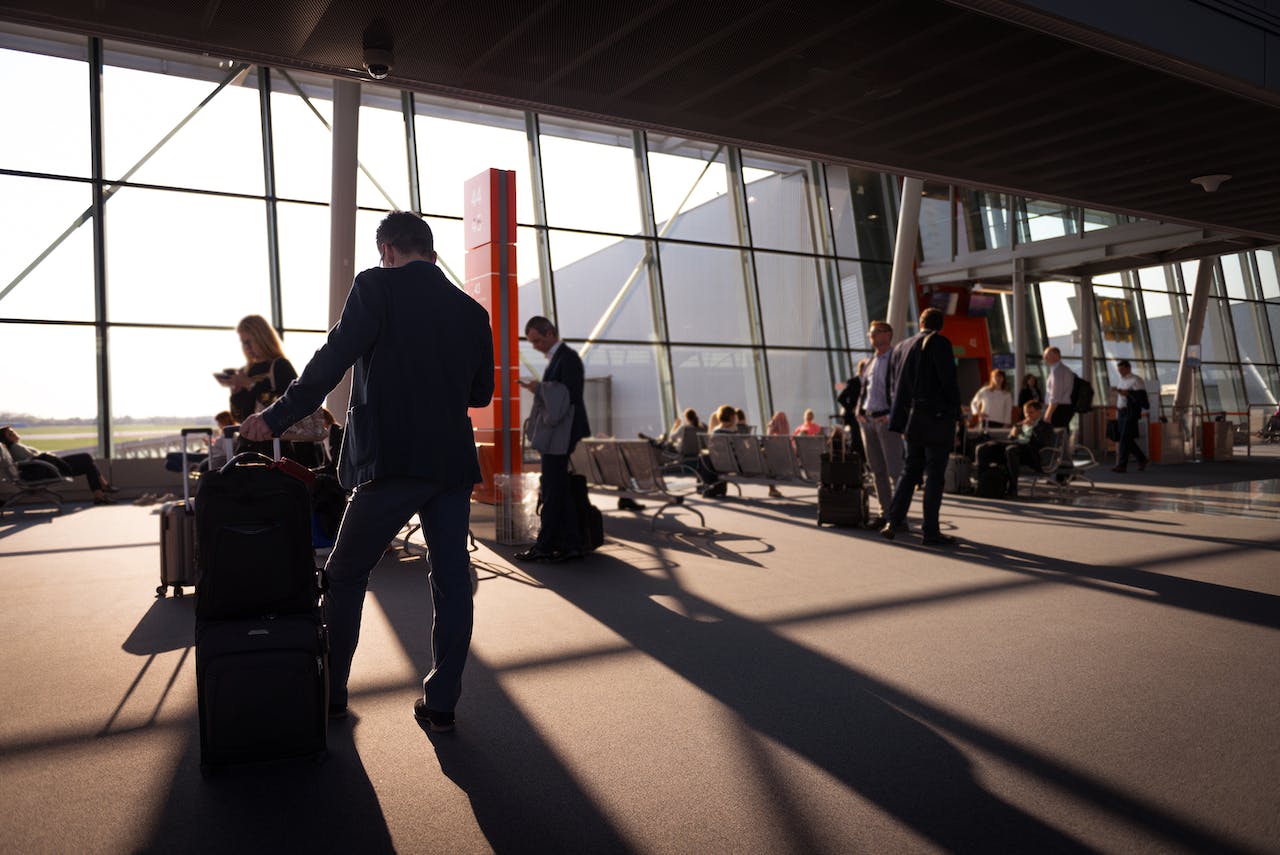Airlines worldwide are set to make an anticipated record high of nearly $118 billion in revenue from ancillary sales this year, according to a study from IdeaWorks and CarTrawler. Ancillary sales include baggage fees, seat selection, and other air travel surcharges that airlines add to the base price of your ticket — you’ve probably noticed them driving up the price of air travel recently.
The staggering earnings in 2023 represent a 7.7% surge from pre-pandemic records and highlight a profound shift in the airline industry’s revenue model. It also reflects a stark reality for travelers: the days of straightforward ticket prices are long gone. The study sheds light on this escalating trend, showcasing the various fees airlines impose on passengers and what’s driving the change.

Why do airlines charge so many extra fees?
In the quest for profitability amidst competitive — aka low — ticket pricing, airlines have turned to tacking on extra fees for travelers, transforming these once supplementary charges into a lucrative revenue stream. “Airfares, on an inflated adjusted basis, have been declining for more than a decade,” IdeaWorks president Jay Sorensen noted in the study. “Low fares and ancillary revenue are joined at the hip. You can’t have one without the other.”
But, as shown by the continued year-over-year revenue increase for add-on fees industry-wide, this is no longer a matter of only budget airlines asking passengers to foot the bill for bags, extra legroom, and other “amenities” in flight. Large airlines such as British Airways, Air France, and KLM have ventured into charging fees for premium business class seats, expanding the spectrum of ancillary charges across the pond.
American Airlines, Delta Airlines, and United Airlines have been at the forefront of the fee frenzy in recent years. Baggage fees have been a substantial source of revenue for these carriers, with American Airlines’ baggage fees, Delta’s baggage fees, and United Airlines’ baggage fees contributing significantly to their bottom lines. It’s not just luggage; American Airlines and United Airlines seat selections are also now subject to additional fees, further intensifying the expense of flying.

What is driving the change, and what can be done?
Airlines contend that these extra fees allow them to offer lower base fares while monetizing other services. On the flip side, passengers feel slighted paying for amenities that were not only once complementary but can add up to a substantial amount, often eclipsing the initial ticket price.
It’s not just extra fees travelers are concerned about, though; it’s the manner in which they are presented and sold online. The online booking process often becomes a battleground of what has been termed “dark patterns” — design strategies that subtly manipulate consumer behavior. These tactics, ranging from misdirection to urgency-inducing tactics, aim to nudge customers toward choices they might not otherwise make.
If you’ve ever seen a ticking time clock pop up when you’re searching for flights or have been subjected to pop-ups and relentless follow-up emails after simply browsing, you likely know the sense of urgency these steps can make you feel while shopping.
Though, according to the report, these tactics aren’t a pervasive, industry-wide problem, steps are being taken to help address the issues travelers sometimes face when booking flights. For example, The U.S. Department of Transportation has received consumer complaints about misleading advertisements on airline websites, prompting proposed rules for upfront disclosure of full prices, including fees for various services like seat selection, baggage, and flight changes or cancellations. Scheduled for March 2024, the DOT’s final ruling on Enhancing Transparency of Airline Ancillary Service Fees aims to instate comprehensive price disclosure guidelines.
The airline industry is at a critical juncture. Striking a balance between profitability and transparency while preserving the allure of air travel amidst a pressing urge to capitalize on booming business remains an ongoing challenge — and one that is already reshaping the flying experience.




